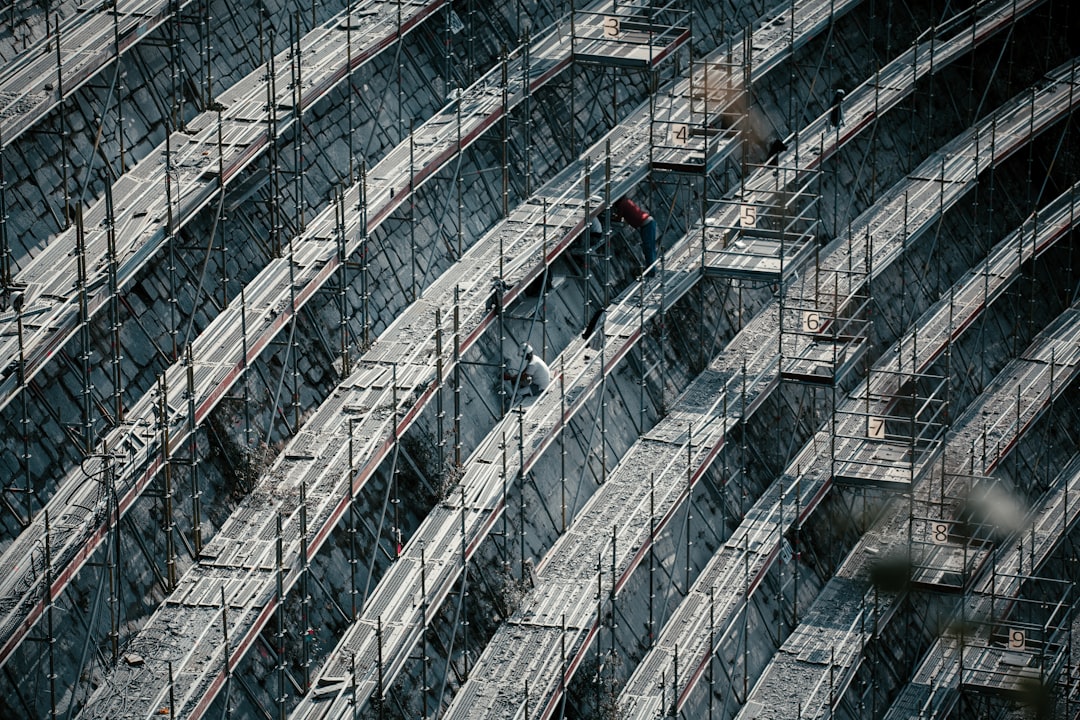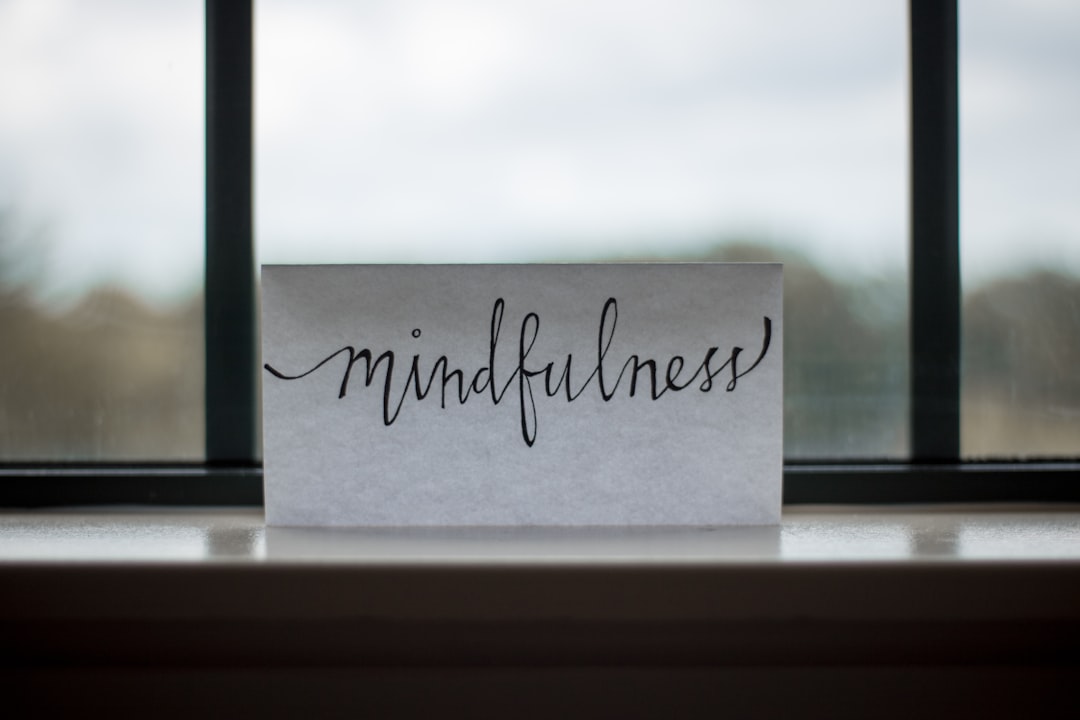What is it about?
In contemporary societies, physical appearance is more important to more people than ever before. This article sketches the expansion of this contemporary beauty regime. I show how the importance of appearance grew since the late 1800s because of five wider developments: expanding media and consumer cultures, social democratization, a shift to a service-based economy and the rise of new media. People came to have more developed and diverse tastes in human beauty and more opportunities to cultivate their appearance. It became more important to be beautiful, for men and women, across the course of life, in more domains of life. Drawing on the tradition of process sociology inspired by Weber and Elias, I interpret this gradual raising of cultural standards as the emergence of a beauty regime involving new standards for social control and self-control, standards for moral and aesthetic evaluation and standards for social worth and self-worth. The beauty regime is demanding and constraining for individuals but contributes to the emergence of durable social constellations that people might consider progress. The beauty regime makes appearance more central to many domains of life, and thus more consequential for identities and inequalities, self-worth and social worth.
Featured Image

Photo by Antonika Chanel on Unsplash
Why is it important?
Many scholars and cultural critics have suggested that beauty is very important in contemporary society, with the implicit suggestion that this was different in earlier times. In this article, I investigate how and why beauty has become more important. To my knowledge, this is the first attempt to systematically analyze and theorize this 'expanding beauty regime'. By identifying five processes that boost the importance of appearance, I can also date the beginning of this expanding beauty regime -- which is earlier than many people assume, and definitely predates social media although that was the most recent 'booster' of the regime. I can also offer tentative predictions about how it will develop, and particularly, how it will increase inequalities.
Perspectives
Many people today feel the pressure to 'look good', women but increasingly men. This article shows the historical background of this very contemporary type of pressure, and helps us to understand the many factors working together to shape this widespread experience over a period of 150 years. Importantly, this analysis not only shows the personal costs of the beauty regime -- anxiety, health issues -- but also points to societal consequences. Although the beauty regime results from democratization, and offers a way for excluded groups to partake in beauty practices previously offlimits to them, the beauty regime ulimately increases social inequalities.
giselinde kuipers
Associatie KU Leuven
Read the Original
This page is a summary of: The expanding beauty regime: Or, why it has become so important to look good, Critical Studies in Fashion and Beauty, December 2022, Intellect,
DOI: 10.1386/csfb_00046_1.
You can read the full text:
Resources
Contributors
The following have contributed to this page










